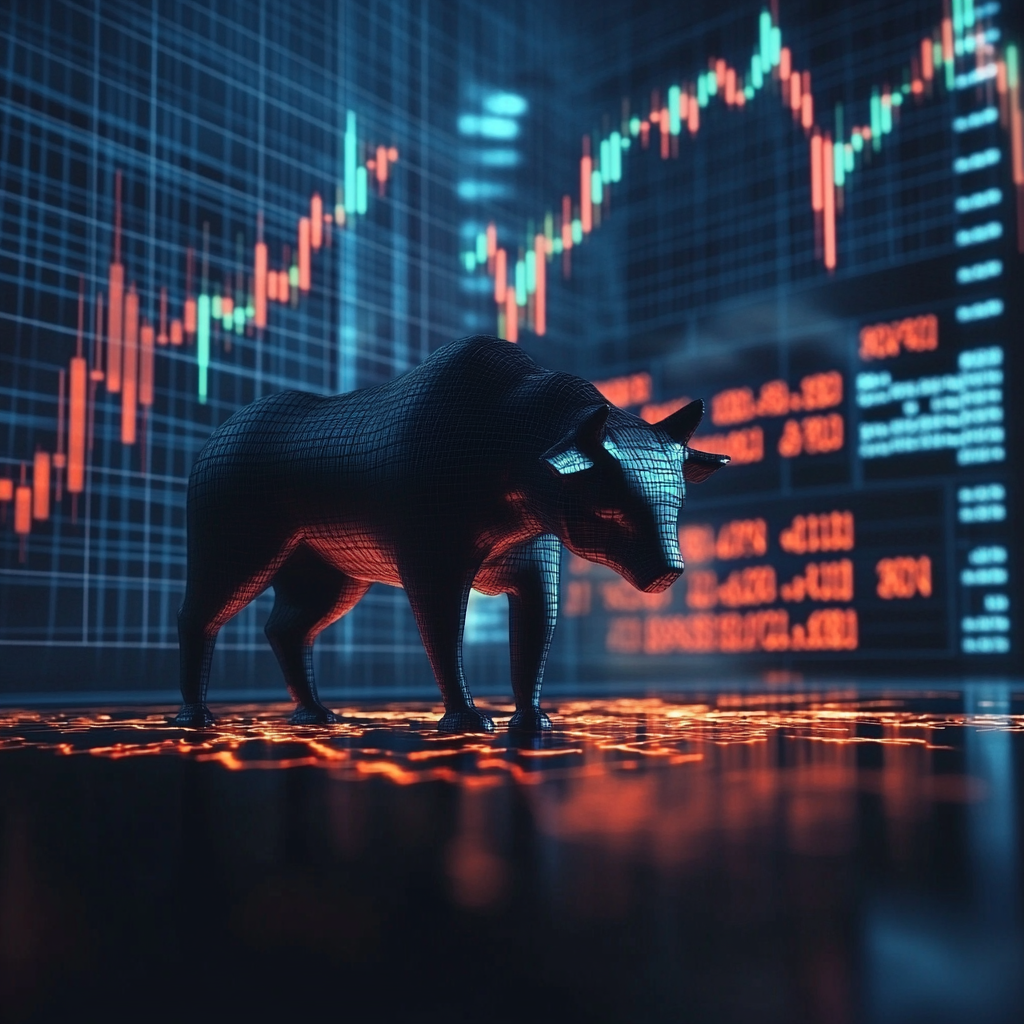Investing Over-the-Counter—and Under the Radar

BlueSky Thinking Summary
Much of conventional economic wisdom about competition simply does not apply in the realm of over-the-counter markets.
In the age of computing and telecommunications, why do traders in OTC markets dealings interact with such a small number of counterparties? Researchers Joshua Mollner and Markus Baldauf of Kellogg find a compelling reason in their mathematical model: minimizing information leakage.
This is a concern especially among larger, institutional investors, because tipping off market moves that can be exploited by others through front-running inflates trading costs.
Thus, traders seek quotes from only a few dealers to maintain confidentiality and perhaps attain better prices.
These insights challenge regulatory norms, suggesting that mandating a minimum number of contacts may hinder rather than help.
Most OTC markets offer the advantage of trading platforms in which traders could monitor their interactions carefully and establish safeguards against market exploitation, representing how a new paradigm shift toward the optimization of trading efficiency and investor protection will work.



